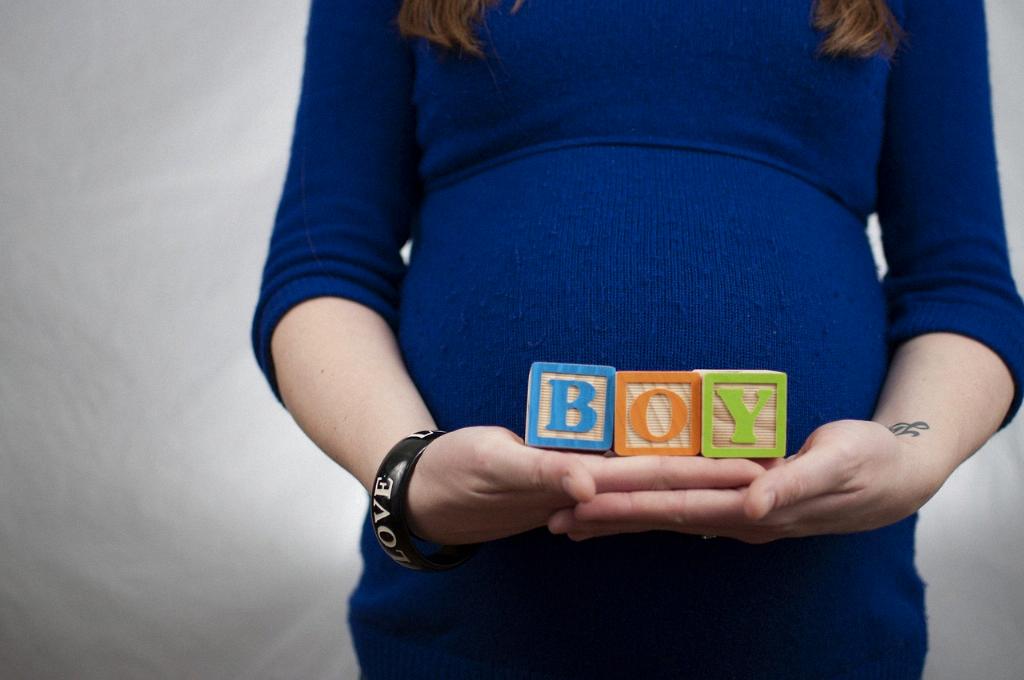When it comes to considering whether Maca is safe to consume during pregnancy, it’s important to dive into the research and understand how this powerful root vegetable can impact both the expectant mother and the developing baby. Maca, known for its high nutrient and mineral content, has been traditionally used for its potential health benefits, but is it safe for pregnant women to take? Let’s explore this topic further.
Understanding Maca
Before delving into the safety of consuming Maca during pregnancy, let’s first understand what Maca is. Maca is a plant native to the Andes mountains in Peru and Bolivia. It belongs to the cruciferous vegetable family, which also includes broccoli, cabbage, and kale. Known scientifically as Lepidium meyenii, Maca has a long history of traditional use as a food source and for its perceived health benefits.
Nutrient-Rich Profile
One of the key reasons why Maca is popular is its impressive nutrient profile. Maca is a good source of several essential vitamins and minerals, including vitamin C, copper, iron, potassium, and manganese. Additionally, Maca is rich in plant compounds, such as glucosinolates and polyphenols, which possess antioxidant properties that may help combat oxidative stress in the body.
Potential Health Benefits
Due to its nutrient-rich composition, Maca is believed to offer a range of health benefits. Some studies suggest that Maca may help improve energy levels, enhance endurance, and support hormonal balance. Furthermore, Maca has been linked to boosting fertility in both men and women, which has contributed to its reputation as a natural aphrodisiac.
Safe Consumption during Pregnancy
When it comes to pregnancy, ensuring the safety of any supplement or food is crucial for the health of both the mother and the developing fetus. Fortunately, Maca is generally considered safe for pregnant women when consumed in moderate amounts as part of a balanced diet. Its nutrient-packed profile can provide essential vitamins and minerals to support overall health and wellness during pregnancy.
Supporting Healthy Development
Given its nutritional benefits, incorporating Maca into a pregnancy diet may help support healthy fetal development. The vitamins and minerals present in Maca, such as iron and folate, are essential for proper growth and development of the baby. Moreover, the potential energy-boosting properties of Maca could be beneficial for expectant mothers experiencing fatigue.
Consultation with Healthcare Provider
It’s important for pregnant women to consult with their healthcare provider before adding any new supplement, including Maca, to their routine. While Maca is considered safe for most individuals, individual health conditions and medication interactions can vary. A healthcare provider can offer personalized advice based on the specific needs and circumstances of the pregnant woman.
Potential Risks and Considerations
Although Maca is generally regarded as safe, there are a few considerations to keep in mind. Some individuals may have allergies to Maca or experience digestive issues when consuming it. Pregnant women should start with a small amount of Maca to assess tolerance and monitor for any adverse reactions. Additionally, sourcing high-quality, organic Maca products is essential to ensure purity and safety.
Conclusion
In conclusion, Maca can be a nutritious addition to a pregnant woman’s diet, offering a range of essential vitamins and minerals that support overall health and well-being. While Maca is generally safe for most pregnant women, it’s always wise to consult with a healthcare provider before making any significant dietary changes during pregnancy. By approaching the consumption of Maca mindfully and in moderation, pregnant women can potentially harness its nutritional benefits for a healthy and thriving pregnancy.

